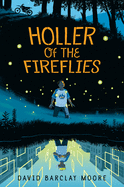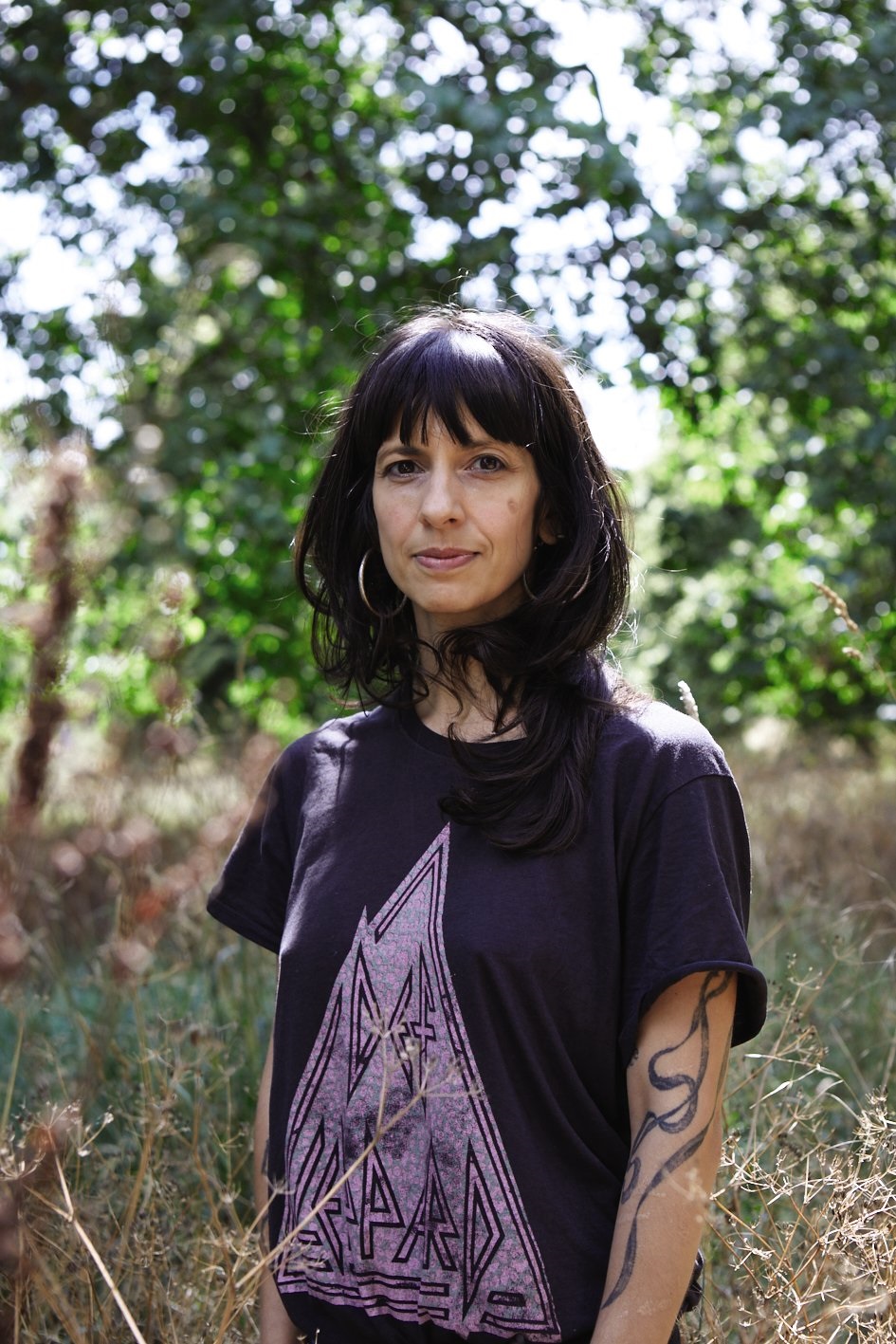 |
| photo: Patricia Niven |
Melody Razak is a British Iranian writer from London and has an M.A. in Creative Writing from Birkbeck. Razak has had stories published in a variety of anthologies and has also written for the Sunday Times and the Observer Food Monthly. Before she started writing, she owned a café in Brighton, where she lives now. Her debut novel, Moth (Harper, August 9, 2022), is the saga of one Indian family's trials through the tumultuous 1947 partition of Pakistan from India, exploring its impact on women, what it means to be "othered" in one's own society and the redemptive power of family.
Handsell readers your book in 25 words or less:
Moth is the story of the unravelling of a Brahmin family living in Delhi in the 1940s during India's independence and subsequent partition.
On your nightstand now:
War Music: An Account of Homer's Iliad by Christopher Logue. A retelling of books 16-19 of the Iliad, it's wonderfully contemporary in language and imagery. I'm reading it aloud and the sentences jump off the tongue.
Favorite book when you were a child:
The Witches by Roald Dahl. When I was a child, this was the most deliciously exciting book I had ever come across. I remember clearly, desperately wishing the witches were real and yet so horrified at the prospect and then, as a side note to self, wondering if I might--please--grow into one?
Your top five authors:
Arundhati Roy. For The God of Small Things, which made me want to write and taught me that prose could be playful and horrific and important all at the same time. A study of the most intimate details of life set against the larger political and social scale of injustice. I read various pamphlets of her political essays when I was in India writing Moth, and each of them filled me with rage and impotence and ignited a desire to speak.
Virginia Woolf. For Mrs Dalloway and To the Lighthouse and The Waves. For how language flows in and out of consciousness, how it can pinpoint and pierce with such clarity and exactness. For A Room of One's Own and Mr. Bennett and Mrs. Brown, the best essays on character I have ever read.
Maggie Nelson. For The Argonauts, The Art of Cruelty, The Red Parts and Bluets. I feel that each word she writes causes me to see beauty in unexpected places and to expand my compassion and understanding of nuance. Her honesty floors me every time and encourages me to attempt the same.
Angela Carter. Mostly for The Bloody Chamber, though I have enjoyed many of her novels too. A rich and bloody retelling of traditional fairy tales that I have read many times over. In fact, my copy is falling apart at the seams. There is simple, sparse, true language, and I am always attempting to cut and refine my work but then am reminded of Angela Carter: all those layers and colors and images that swell the imagination.
William Dalrymple. Quite possibly the best travel writing I have read. Ever. Nine Lives, in particular, explores individual lives with such sensitive curiosity and love. William Dalrymple has a real regard for human life, for suffering, for humor, for India in all its guises. He searches for grains of truth and nearly always finds them.
Book you've faked reading:
Moby-Dick by Herman Melville. Tried and tried but never got past the halfway point. Left each time with the burning question: But do I care?
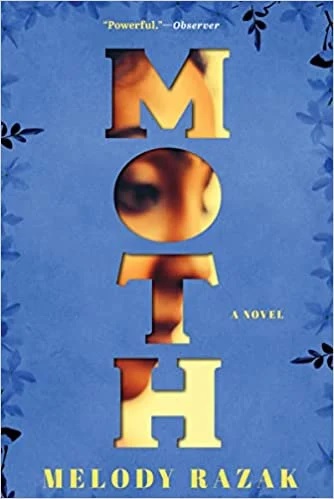 Book you're an evangelist for:
Book you're an evangelist for:
The Portrait of a Lady by Henry James. The most exquisite portrait of character I have ever come across. A book to study in detail.
Book you've bought for the cover:
Little Eyes by Samanta Schweblin. That red-eyed panda got me from across the aisle.
Book you hid from your parents:
Flowers in the Attic by Virginia Andrews. Incest and child ballerinas and an attic and a mean old grandmother. At 13, I was obsessed. Enough high drama to fulfill a thousand adolescent dreams.
Book that changed your life:
Mrs Dalloway by Virginia Woolf. A female modernist voice, this stopped me in my tracks when I was 18 and caused me to examine how I write, why I write and how I would like to write. I covered my notebooks with quotes and memorized several.
Favorite line from a book:
As above. "Then, for that moment, she had seen an illumination; a match burning in a crocus; an inner meaning almost expressed."
Five books you'll never part with:
Wolf Hall by Hilary Mantel. The historical details are so well-researched and Thomas Cromwell so well-penned that you find yourself falling in love with all his flaws, forgiving them, understanding them, wishing against all hope you had the power to change history.
Oscar and Lucinda by Peter Carey. Old-school, exceptional storytelling in the style of Dickens. Characters to flirt with, gamble with and drink cups of tea with.
A Field Guide to Getting Lost by Rebecca Solnit. A beautiful, honest and wise study that encourages the reader to stand on the edge of a precipice, to wander, to get lost, to take all the risks. I read this religiously when I was researching Moth and drank in every word.
Night Sky with Exit Wounds by Ocean Vuong. For the poetry that makes you stop and listen, reread and reread for the simple pleasure of hearing the words out loud. For the range of emotions that simmer beneath each carefully placed word.
The Neapolitan Quartet by Elena Ferrante. Because four books in one. Explores family, female friendship, passion and what it means to be truly, achingly alive.
Book you most want to read again for the first time:
Vanity Fair by William Thackeray. I read this almost 20 years ago on an island off Sumatra, and I have never forgotten Becky Sharp. Her bad behavior and her charm had me utterly seduced.
Book you wish you had written:
The God of Small Things by Arundhati Roy. Because, quite simply, a masterpiece. Prose so beautiful you want to bathe in it.
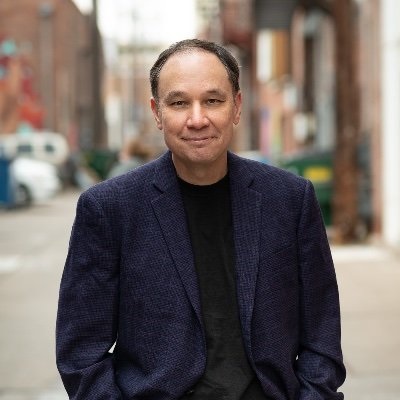










 The final day of NAIBA/SIBA's virtual conference New Voices, New Rooms, wrapped up on Wednesday, August 10, with two more excellent author panels.
The final day of NAIBA/SIBA's virtual conference New Voices, New Rooms, wrapped up on Wednesday, August 10, with two more excellent author panels.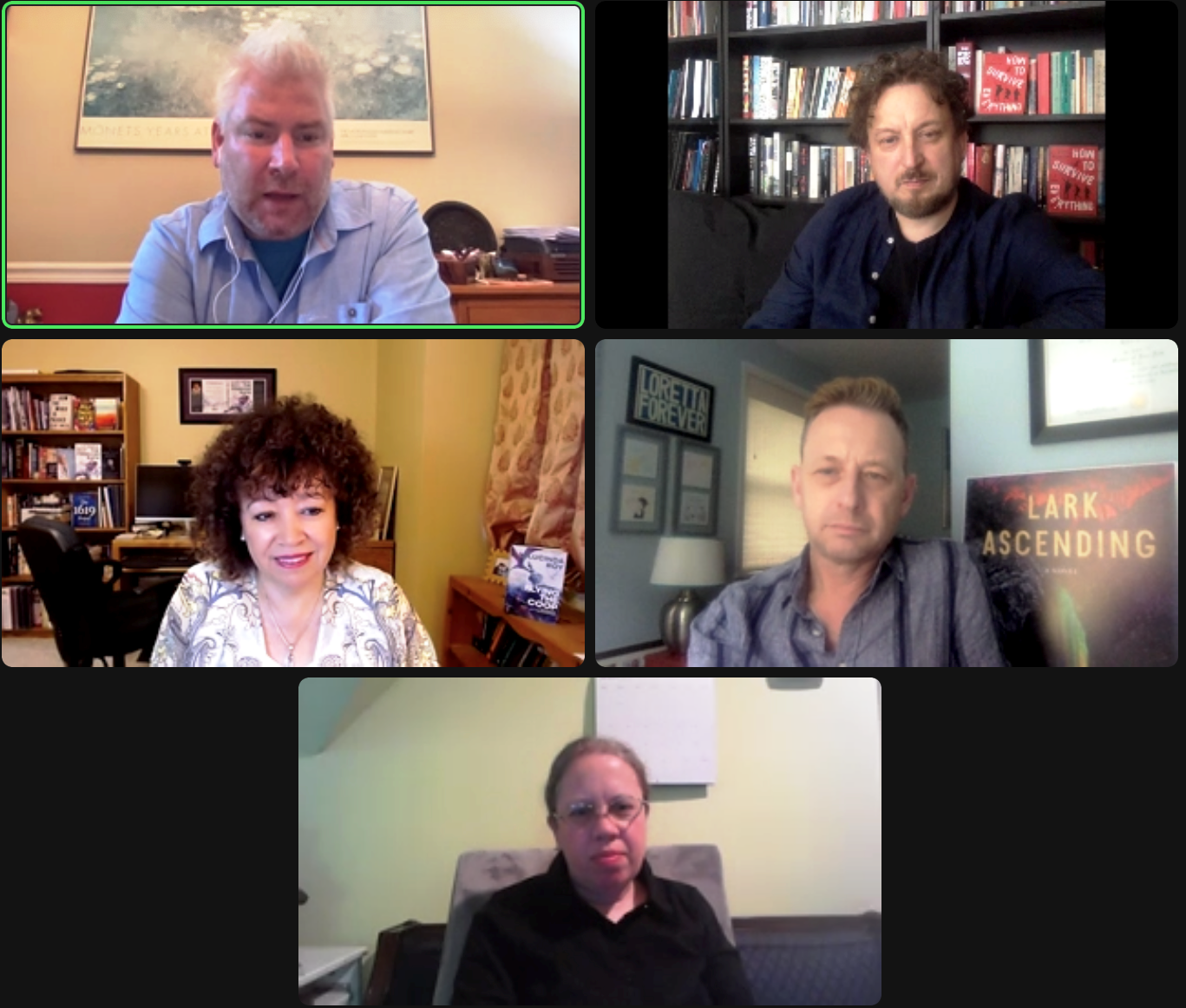
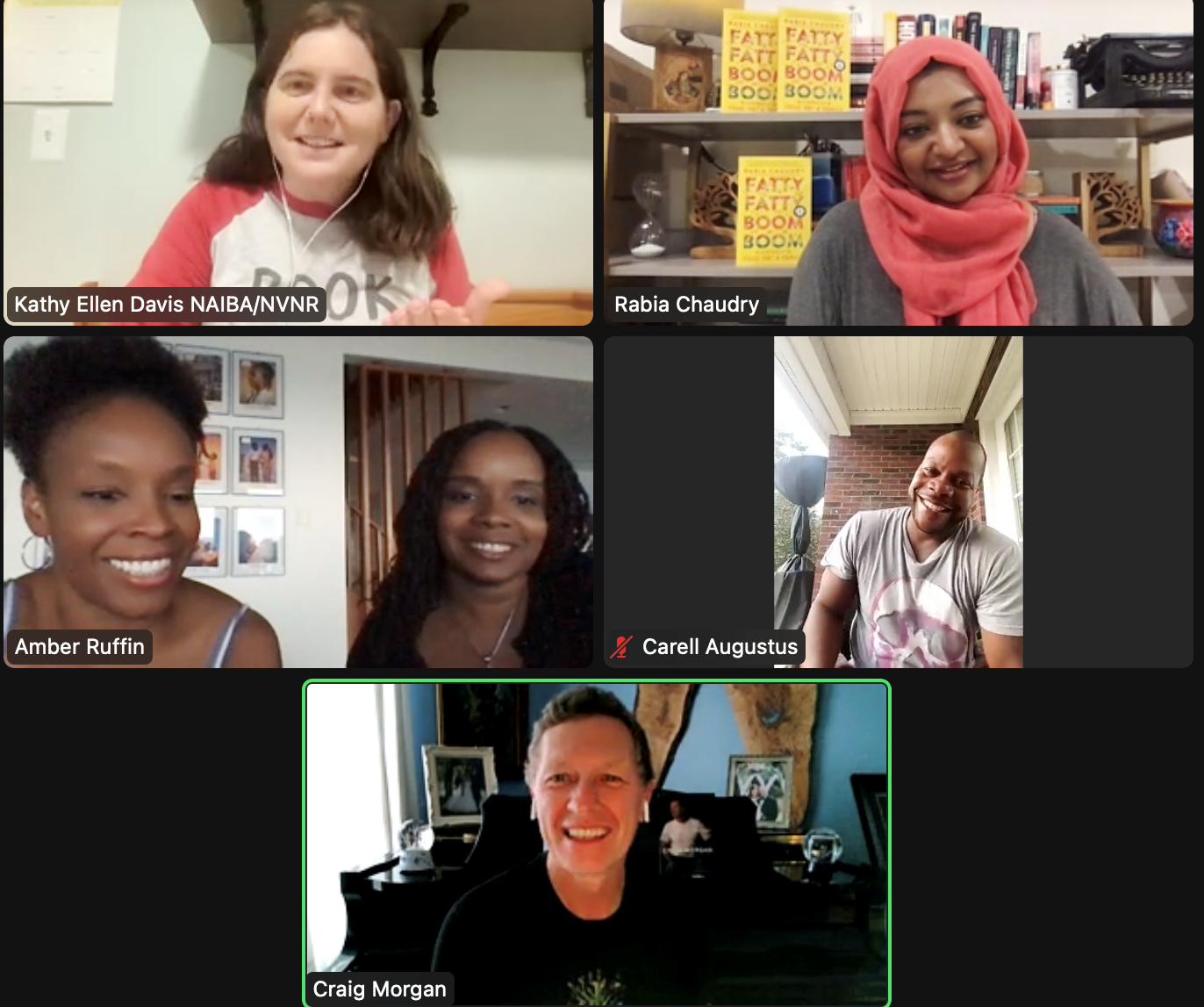 Reflecting on the Past
Reflecting on the Past

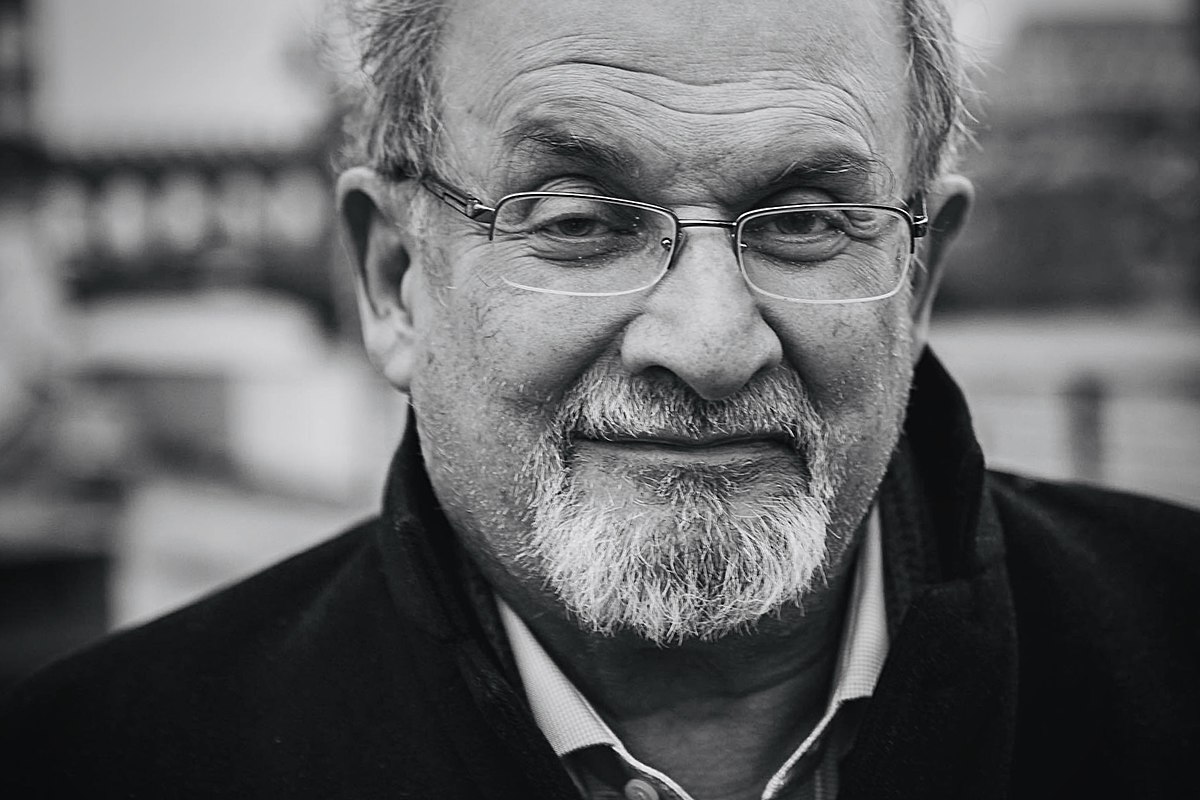
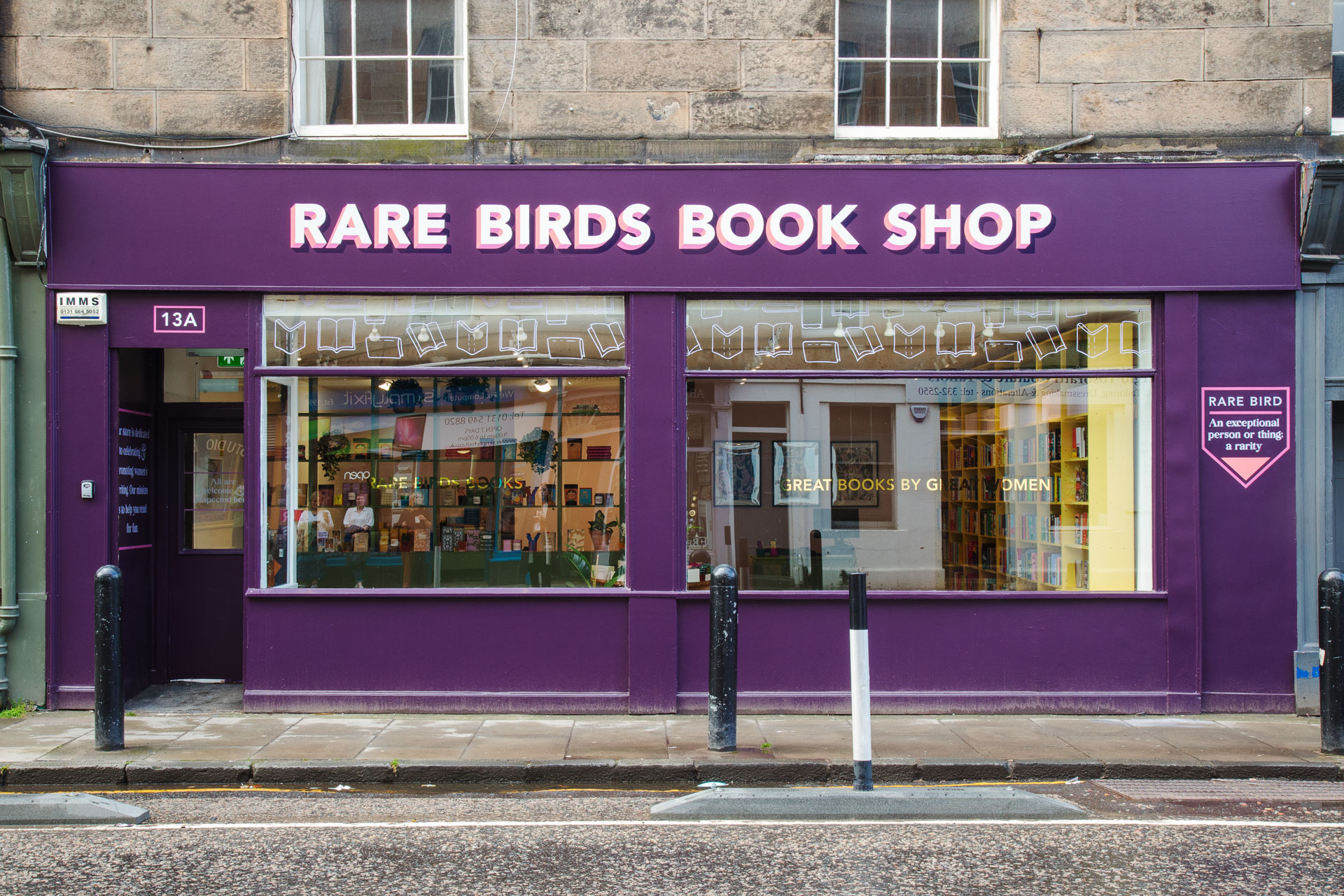 Scottish indie bookseller
Scottish indie bookseller 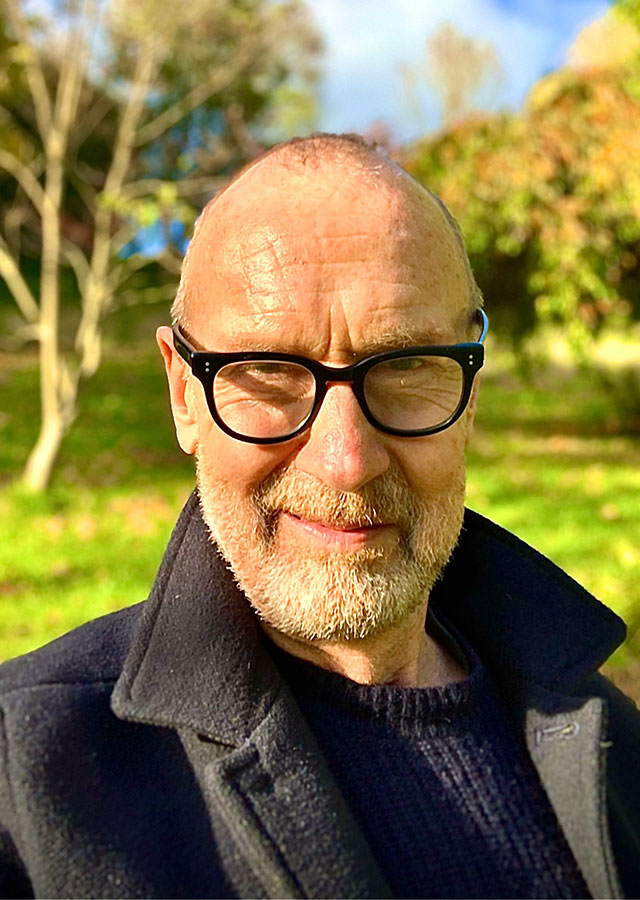
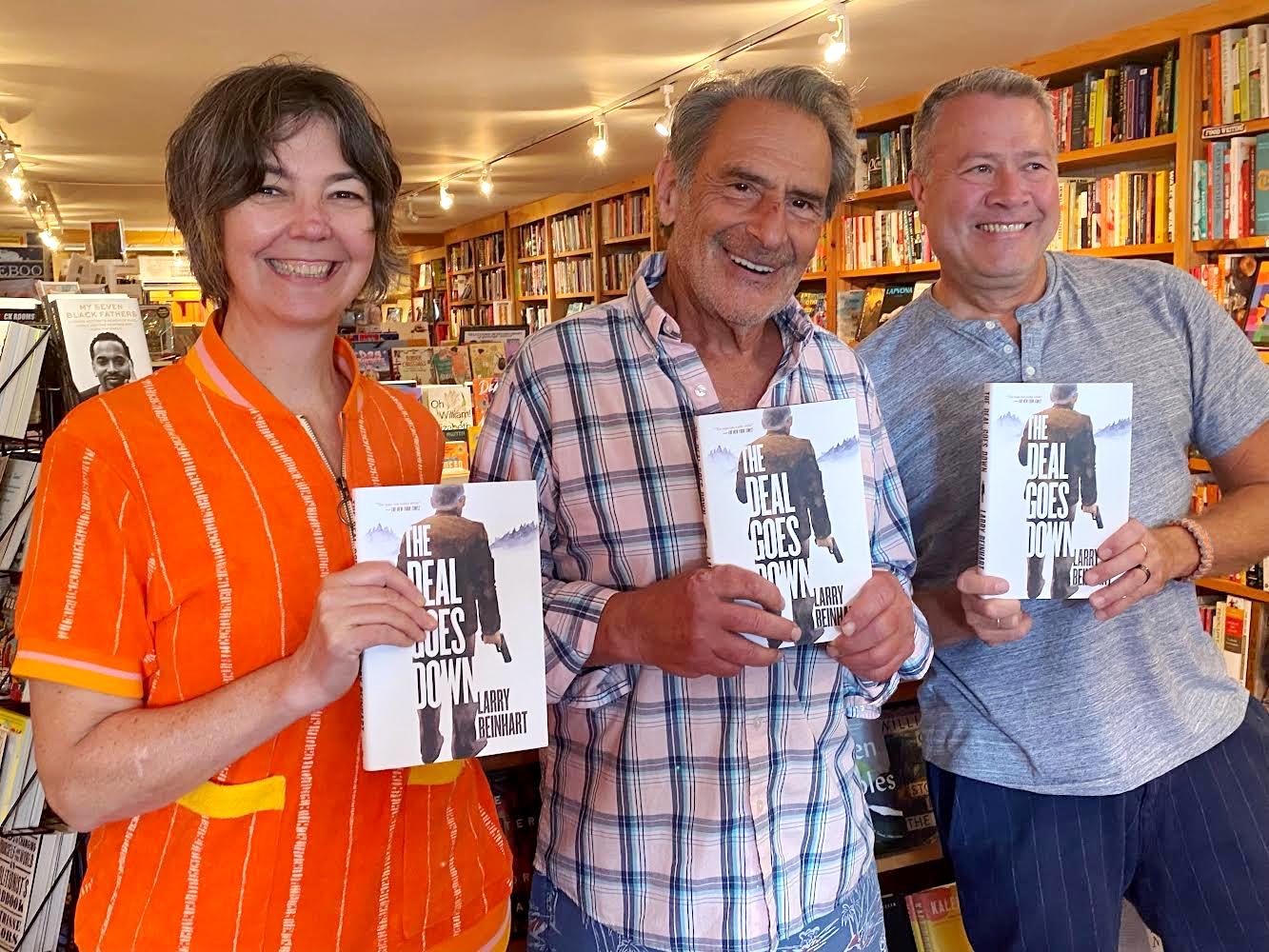
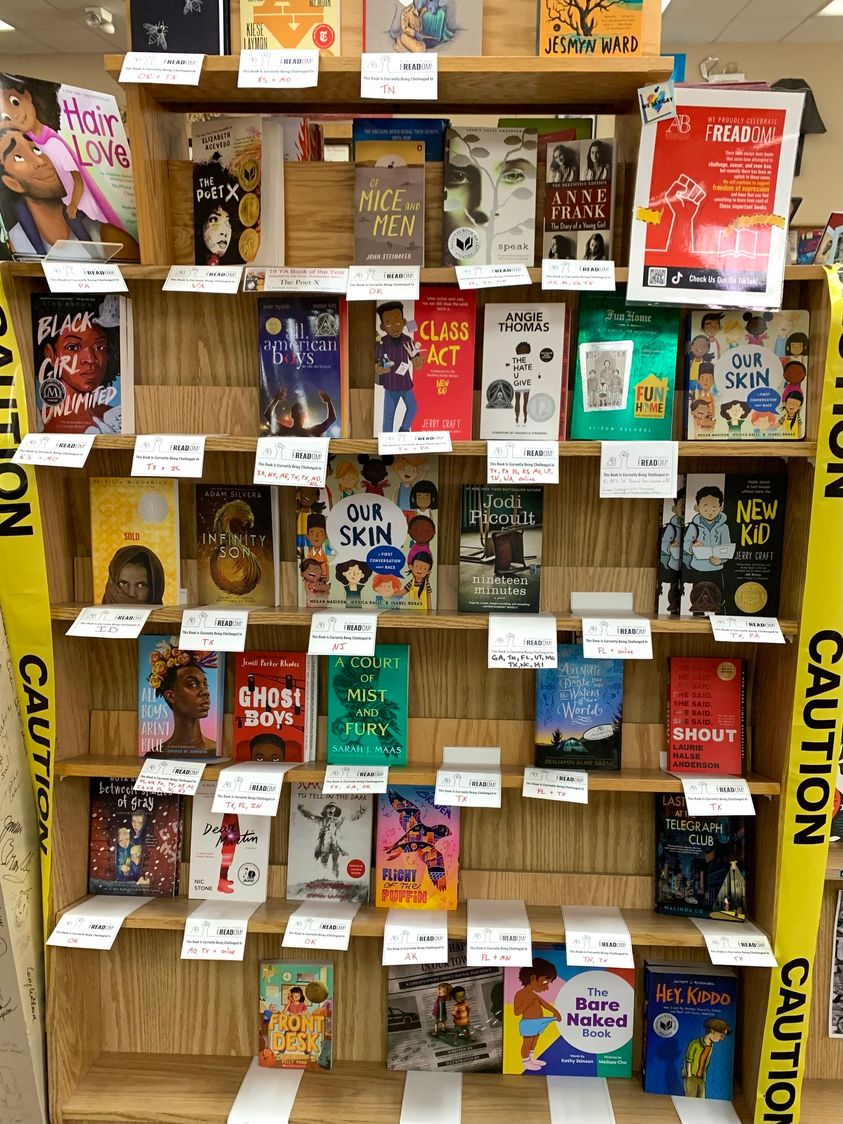
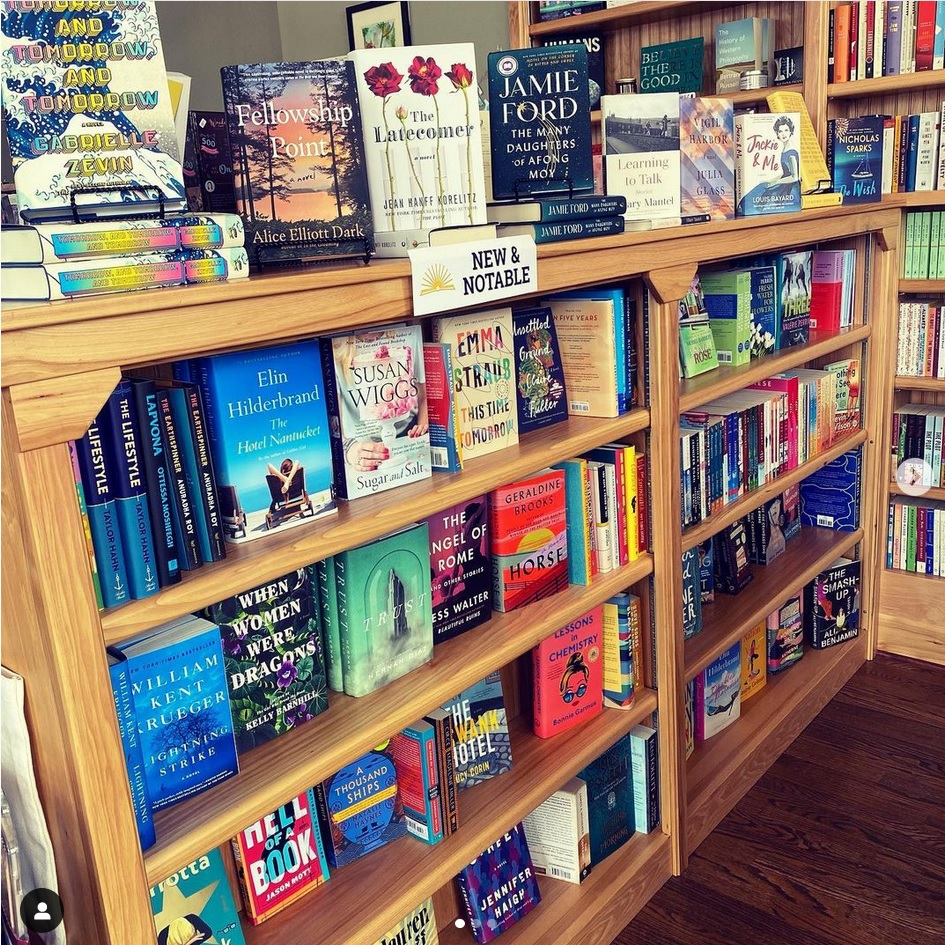 Posted on Instagram by
Posted on Instagram by 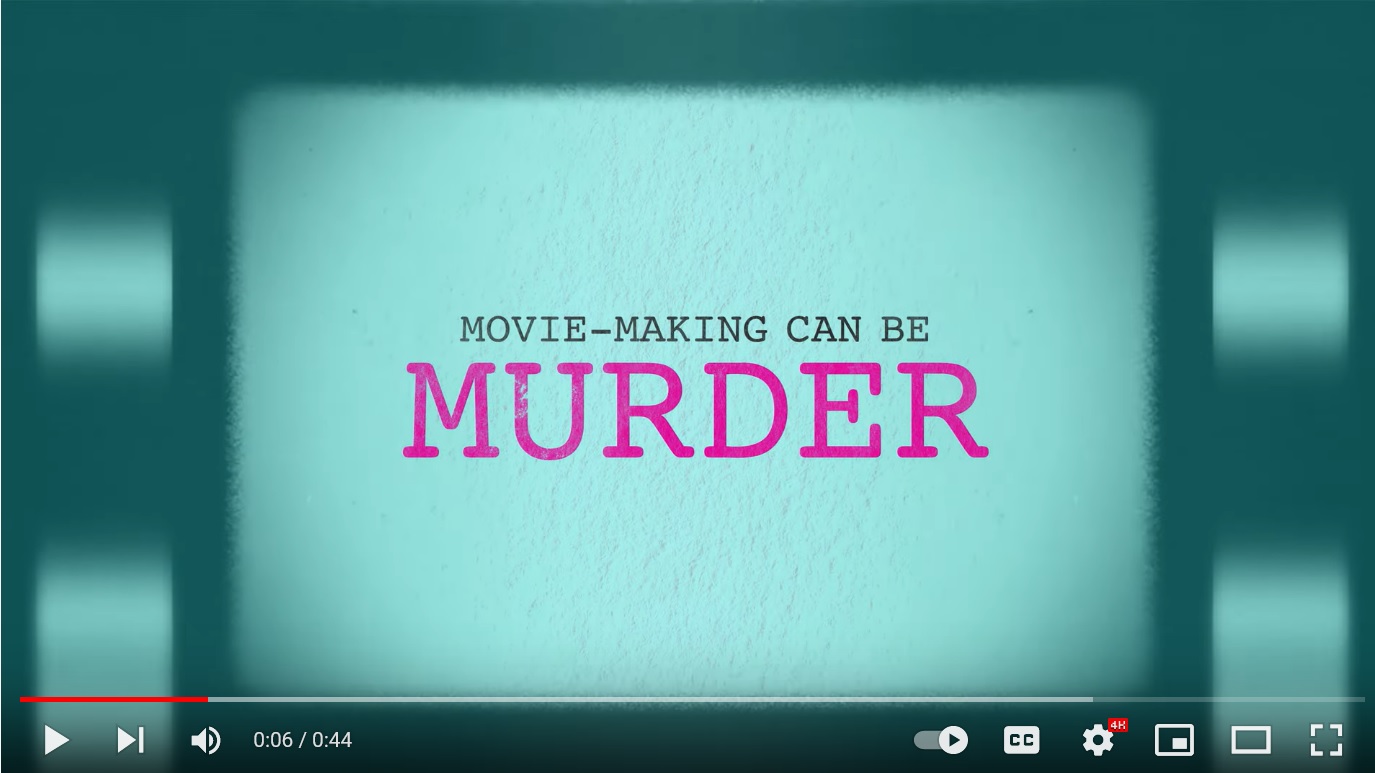 Run Time
Run Time
 Book you're an evangelist for:
Book you're an evangelist for: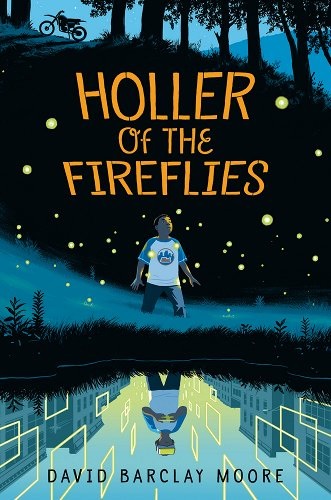 CSK-John Steptoe Award winner David Barclay Moore (
CSK-John Steptoe Award winner David Barclay Moore (